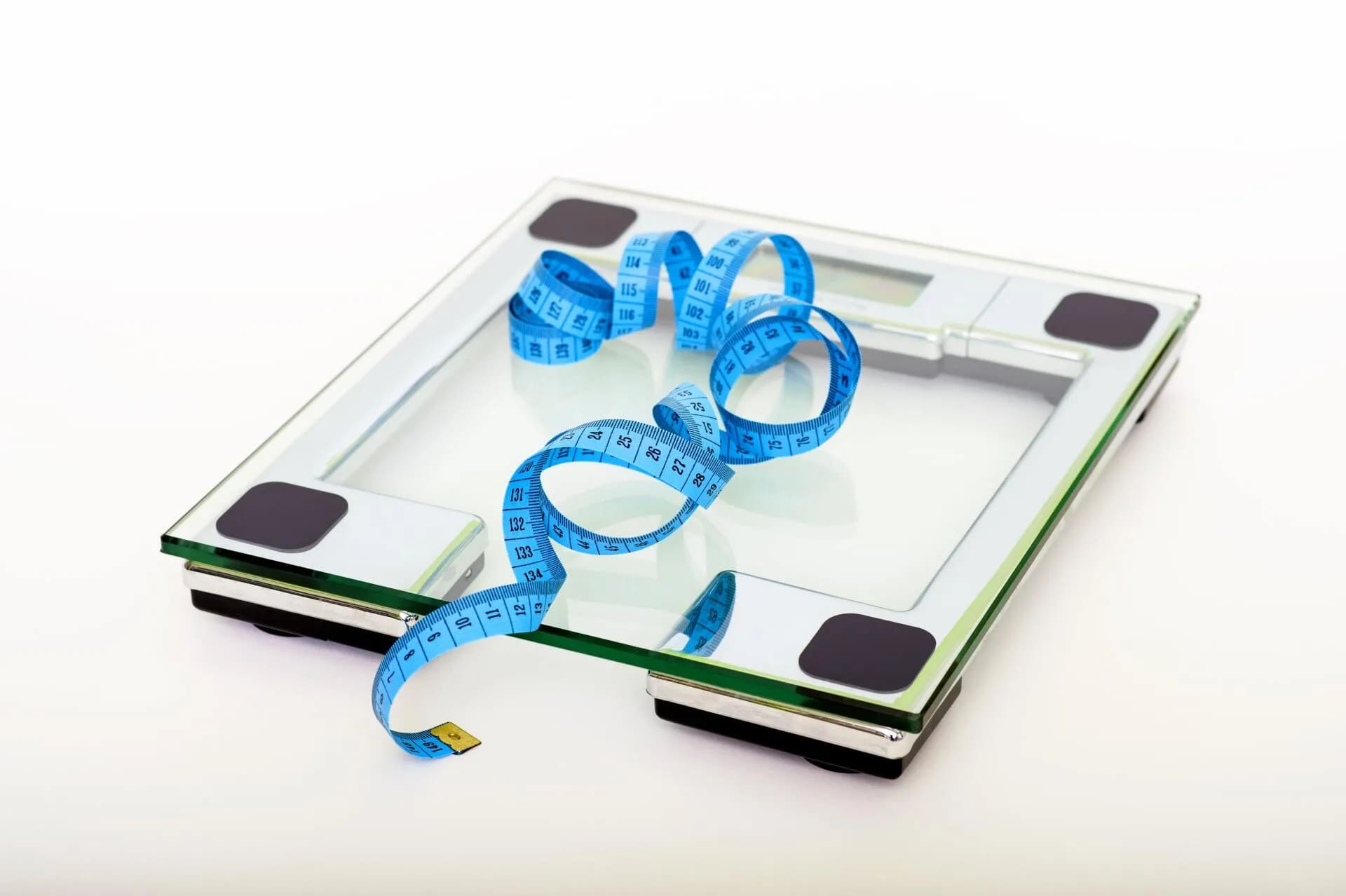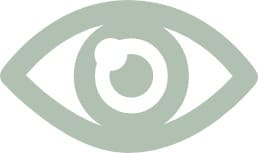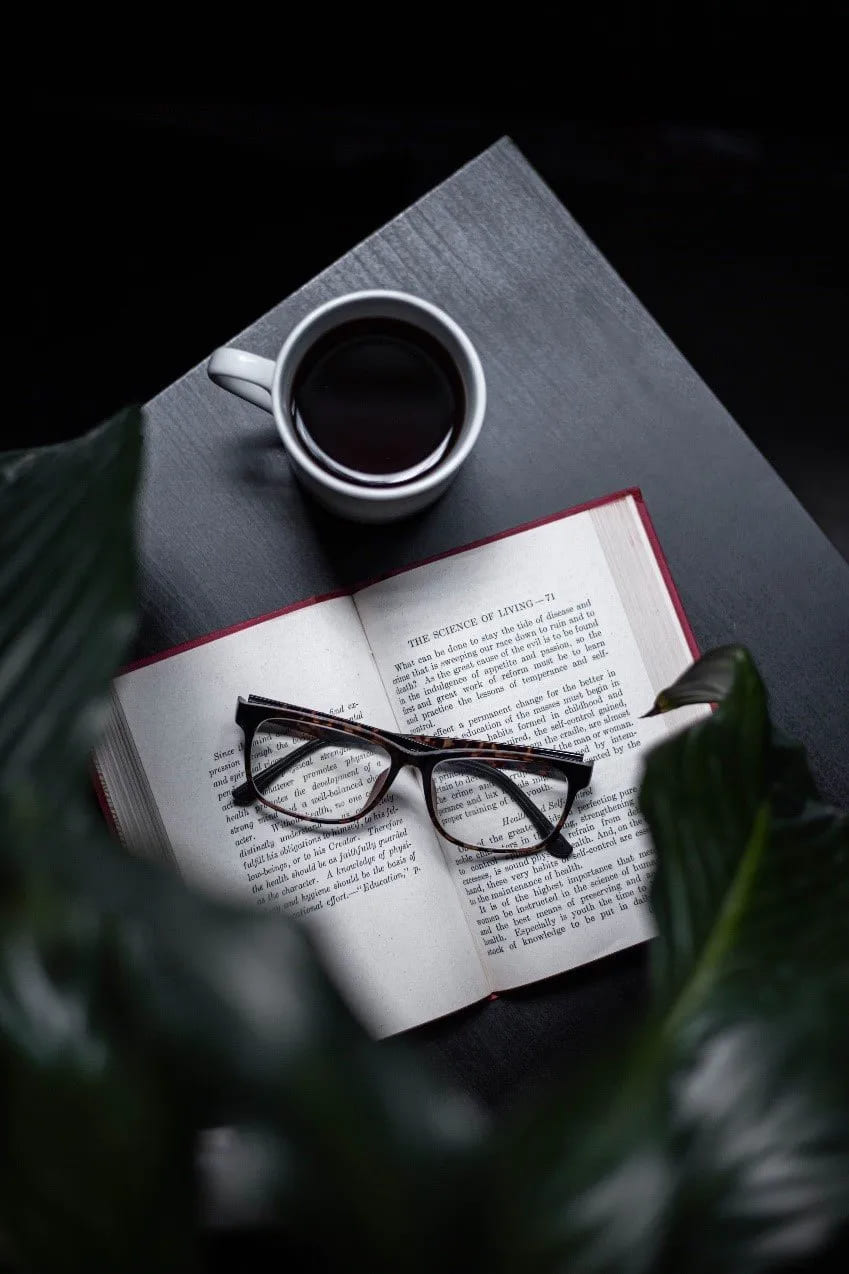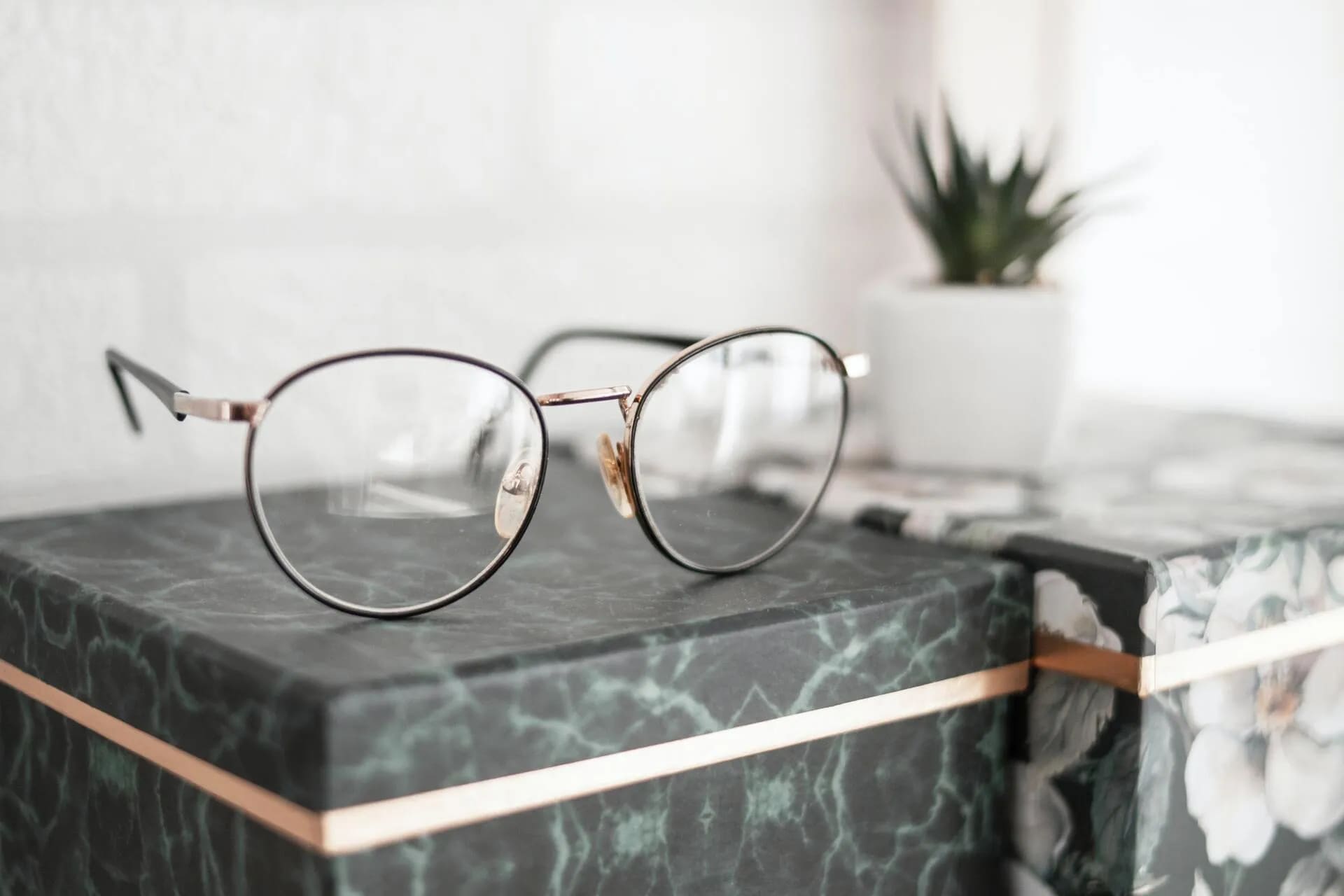
The Link Between Blood Pressure and Your Eyesight
When you have high blood pressure, this increases the risk of several health problems. One aspect of your health that a lot of people do not realise is linked to their blood pressure is their eyesight. People may not realise they have high blood pressure . As your eyes have some of the smallest blood vessels in your body the effects of persistent high blood pressure can be seen early by an Optician’ If not kept under control high blood pressure can have serious complications for your eyes and vision . Fortunately, there are many ways that you can manage your blood pressure to avoid any of the potential health risks associated with high blood pressure. This includes: Weight management







